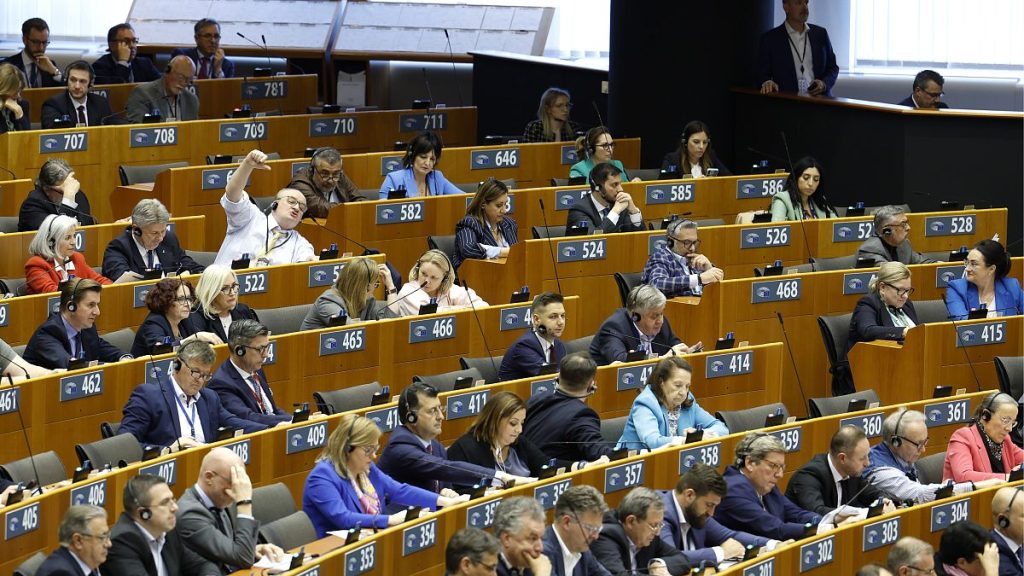The lack of diversity in the incoming European Parliament was highlighted in data collected by Euronews, with only 37 out of the 720 lawmakers having a diverse ethnic background. This figure is similar to the representation in the previous EU election in 2019. The UK and France elected the most ethnic minority MEPs during the 2019-2024 mandate, with France having the highest number of diverse MEPs in the June 2024 election. The European Network Against Racism emphasized the need for greater inclusion and representation within EU political structures to reflect the diversity of the European population. While Brussels is one of the most ethnically diverse areas in the world, racial and ethnic minorities continue to be underrepresented in the European Parliament.
French MEP Arash Saeidi, who was born in Iran, stressed the responsibility of national parties to ensure better representation of diverse backgrounds in the European Parliament. Lawmaker Rima Hassan, a French Palestinian, highlighted the political underrepresentation of racialized European citizens as a reflection of systemic racism. She emphasized the importance of increasing the proportion of candidates from minority backgrounds to address anti-racism at all levels of political representation and enhance democratic legitimacy. Belgium is among the eight countries that have only one MEP with a non-EU background, with Assita Kanko from Burkina Faso serving as the lone representative. Efforts are being made by the European Parliament to improve diversity within its administration, including initiatives on disability, LGBTIQ+ matters, and racial and ethnic diversity.
The European Parliament’s Bureau approved a two-year roadmap to increase diversity within the administration by 2024, including fostering ethnic diversity among parliamentary staff. However, the issue of diversity extends beyond the Parliament to other EU institutions. The European Commission, with a staff of over 33,000, lacks data on racial/ethnic diversity and does not implement positive action to improve representation. Civil society organizations have called for equality and non-discrimination to be central priorities in the Commission’s work over the next five years. The new Parliament also experienced a decrease in female representation, with women making up 38.5% of MEPs, a drop of 2.1% from the previous legislature. Efforts are being made to address gender inequality and promote diversity within the Parliament’s activities, structures, and bodies through the High-Level Group on Gender Equality and Diversity.
The issue of diversity and representation in the European Parliament remains a pressing concern, with underrepresentation of ethnic minorities and a decrease in female representation. Efforts are being made to address these challenges, including initiatives to increase ethnic diversity among parliamentary staff and promote gender equality within the Parliament’s activities. National parties are urged to take responsibility for ensuring better representation of diverse backgrounds in the European Parliament, reflecting the need for greater inclusivity and representation within EU political structures. The call for equality and non-discrimination as central priorities within EU institutions highlights the importance of addressing systemic racism and promoting diversity to enhance democratic legitimacy and reflect the diversity of the European population.


